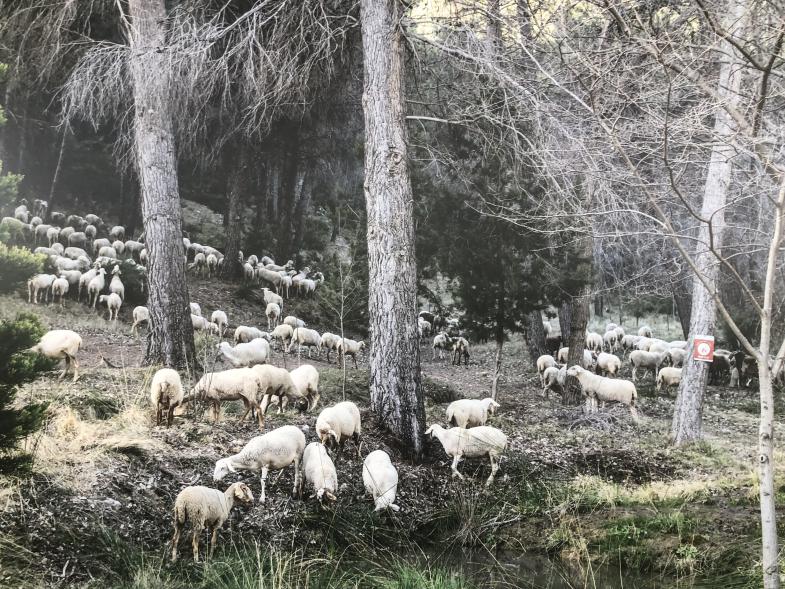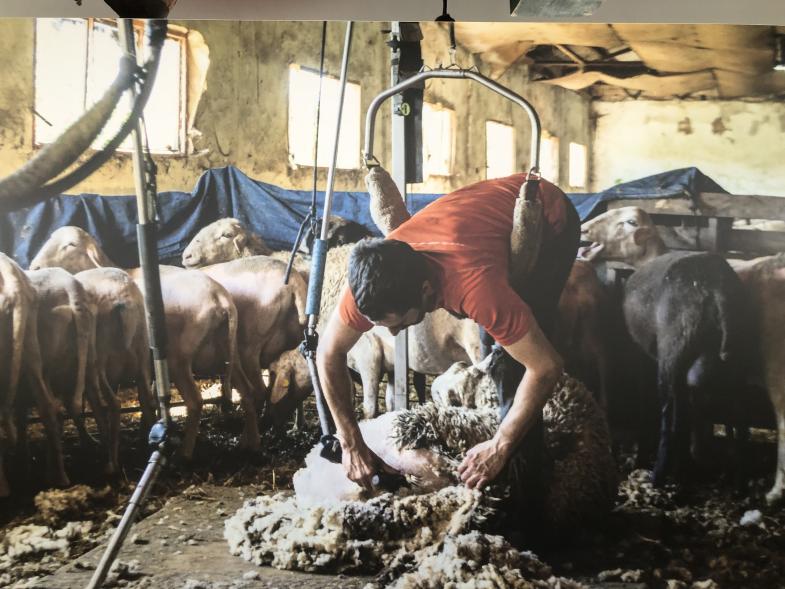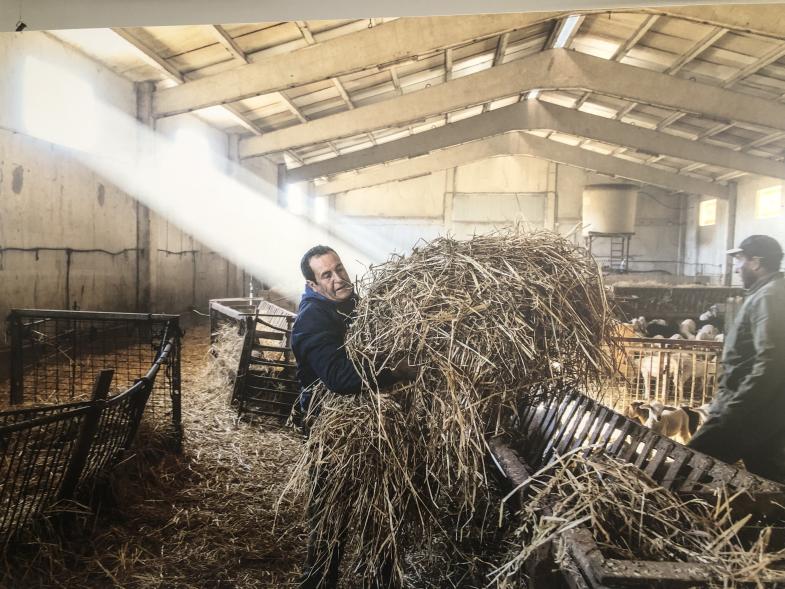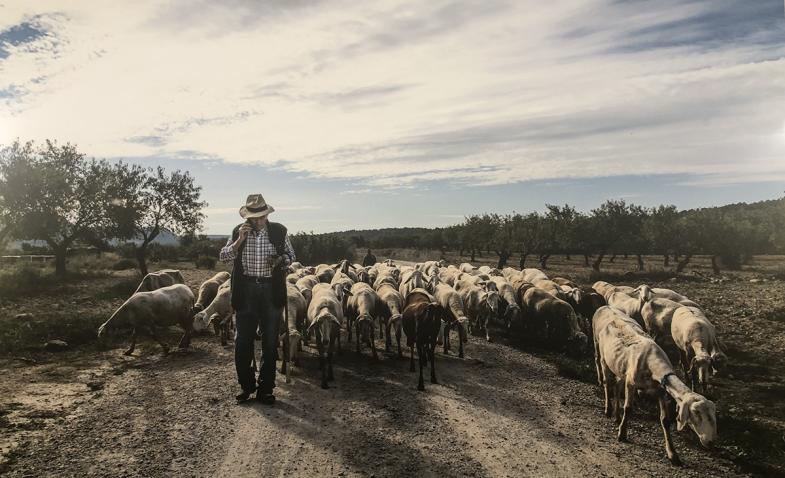Photographs and design by Jordi Hidalgo
In Aras de los Olmos, in the interior of the Valencian highlands, the Calceta family is the only family saga that preserves the traditional profession of shepherd. They have been doing it generation after generation, with all that this way of life entails, of understanding life, of walking in today's world. Today, with a herd of around 750 head of cattle, the shepherds are uncle Miguel (88 years old), his son Antonio Miguel (61 years old) and three other shepherds (two Moroccan brothers from Beni Mellal, Morocco, and one from Areño).
The shepherding profession is coming to an end. The balance between human-craft-livelihood-livelihood-close-to-nature will be disrupted and the battle to maintain this sustainable way of life will be lost. But for now, passion, pride and self-sufficiency are present in the daily lives of these shepherds. The project La vida que no cesa (The life that does not cease) began at the end of 2018 with the intention of documenting, in a tone of homage, the hard work of shepherding. In a descriptive way, but also capturing the spirit, self-respect and dignity latent in these people, where life and death, and ultimately survival, are present in their daily lives. Pastoralism, as opposed to intensive livestock farming, guarantees animal welfare, generates quality meat and contributes to a healthier human diet.
Moreover, this activity is essential for the territory: it stimulates the growth of plants, improving the soil's filtration capacity and the maintenance of our aquifers. It also increases plant diversity (pest control), stimulates pollination, helps to control forest fires and erosion phenomena, helping to enhance biodiversity and conserve cultural heritage and territorial identity. In today's Spain, with an increasingly abandoned and depopulated interior, the values provided by pastoralism are priceless.



